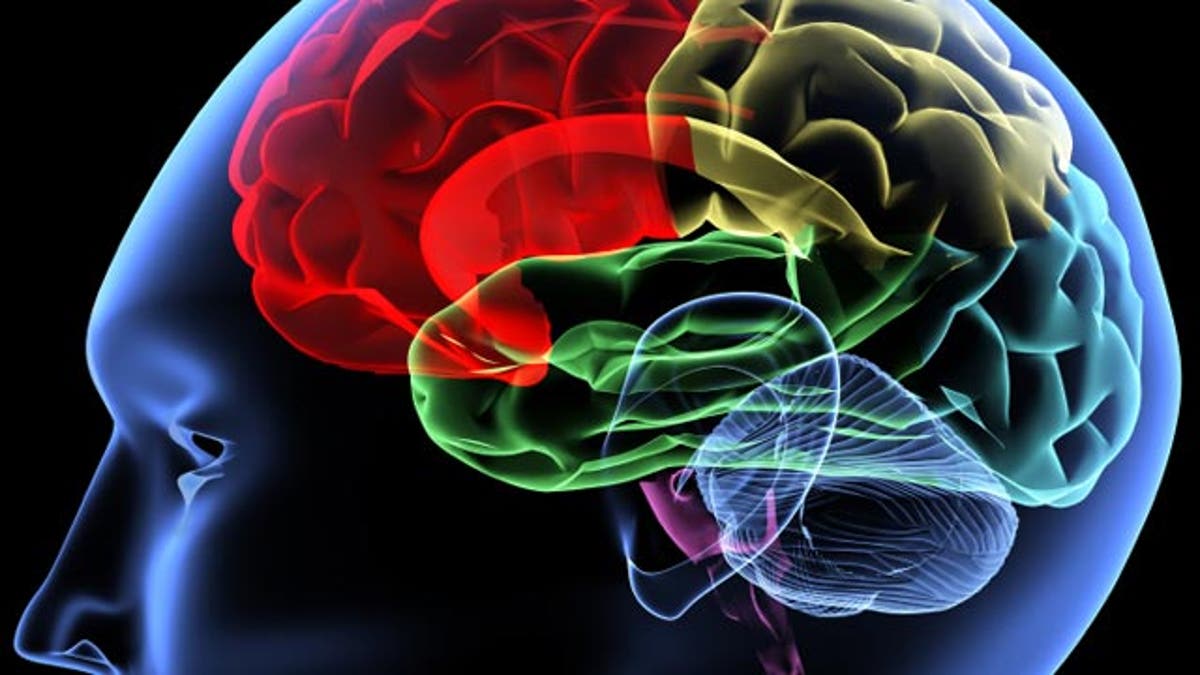
(iStock)
EDINBURGH – A key protein that helps the brain transmit information was identified by British researchers, who said it could improve our understanding of neurodegenerative disorders.
The crucial protein maintains the function of nerve fibers that control the transmission of messages within the brain and allows it to communicate with other parts of the body, University of Edinburgh scientists said Sunday.
The fibers can measure up to a3.3 feet, but the area covered by the segment of nerve that controls the transmission of messages is no bigger than the width of a human hair, said the researchers, whose work was published in the journal Neuron.
Electrical impulses from the brain are disrupted in people who suffer from epilepsy, dementia, multiple sclerosis and strokes, which can lead to muscle wastage and an inability to control movement.
"At any moment, tens of thousands of electrical impulses are transmitting messages between nerve cells in our brains," said Dr. Matthew Nolan, of the university's Center for Integrative Physiology. "Identifying proteins that are critical for the precise initiation of these impulses will help unravel the complexities of how brains work and may lead to new insights into how brains evolved."
Professor Peter Brophy, director of the university's Center for Neuroregeneration, said, "Knowing more about how signals in the brain work will help us better understand neurodegenerative disorders and why, when these illnesses strike, the brain can no longer send signals to parts of the body."







































